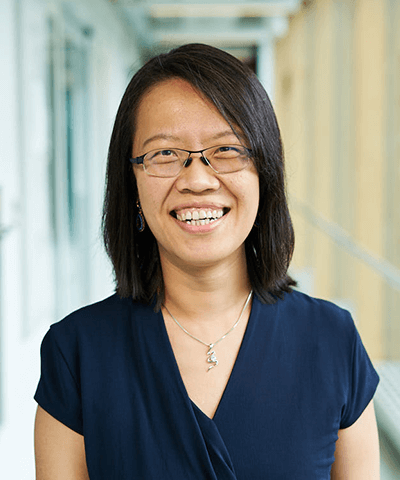
This story was originally published on the LEO Foundation website.
The LEO Foundation has awarded five Serendipity Grants, with a total of just below DKK 18 million, in its latest round of funding. These grants are reserved for existing LEO Foundation grantees and awardees globally, who during their work on a project funded by the Foundation, have made an unexpected discovery, which lies outside the scope of the project originally granted.
Scientific breakthroughs often originate from researchers following their curiosity in investigating unexpected discoveries. This is the essence of the Serendipity Grants program that nurtures the researcher to pursue novel and unexpected – serendipitous – research ideas and findings. Now explorers of unexpected ideas – Assistant Professor Nathan Archer, Professor Ya-Chieh Hsu, Assistant Professor Esther Hoste, Reader Shoba Amarnath and Associate Professor Philip Scumpia – have received Serendipity Grants from the LEO Foundation.
“With our Serendipity Grants, we would like to support discoveries that, within the context of the pursued project, can be seen as unsuccessful or outside scope but still might have the potential to generate brand-new insights and knowledge,” says Anne-Marie Engel, Chief Scientific Officer at the LEO Foundation, and continues:
“We are also keen on funding established researchers who wish to pursue exciting novel ideas that may be on the fringes of their current field of expertise, and we promote an approach where openness to new discoveries is key, as we believe it can support researchers in exploring promising new research paths. We are looking forward to following these five grantees’ new insights as they pursue the new research questions raised by their unexpected findings.”
How innervation regulates regeneration and scarring responses, DKK 4m
Ya-Chieh Hsu’s project investigates the mechanisms behind the unexpected observation that wound healing slows upon increased innervation of the surrounding tissue.
During testing of a virus-based tool designed to genetically manipulate skin cells Ya-Chieh Hsu and her team serendipitously discovered that increased innervation at a wound site slows healing and leads to increased scarring. This discovery suggests that wound-induced hyper-innervation may be important in driving scarring and fibrosis.
Driven by curiosity
This year’s five Serendipity grantees are all set to transform unexpected findings into valuable new scientific insights. They receive a total of DKK 18 million to explore their ideas and findings.
Serendipity Grants, worth up to DKK 4 million for up to two years, were launched for the first time in 2023. A Serendipity Grant can last for up to two years and has a limit of DKK 4 million, including administrative costs.
